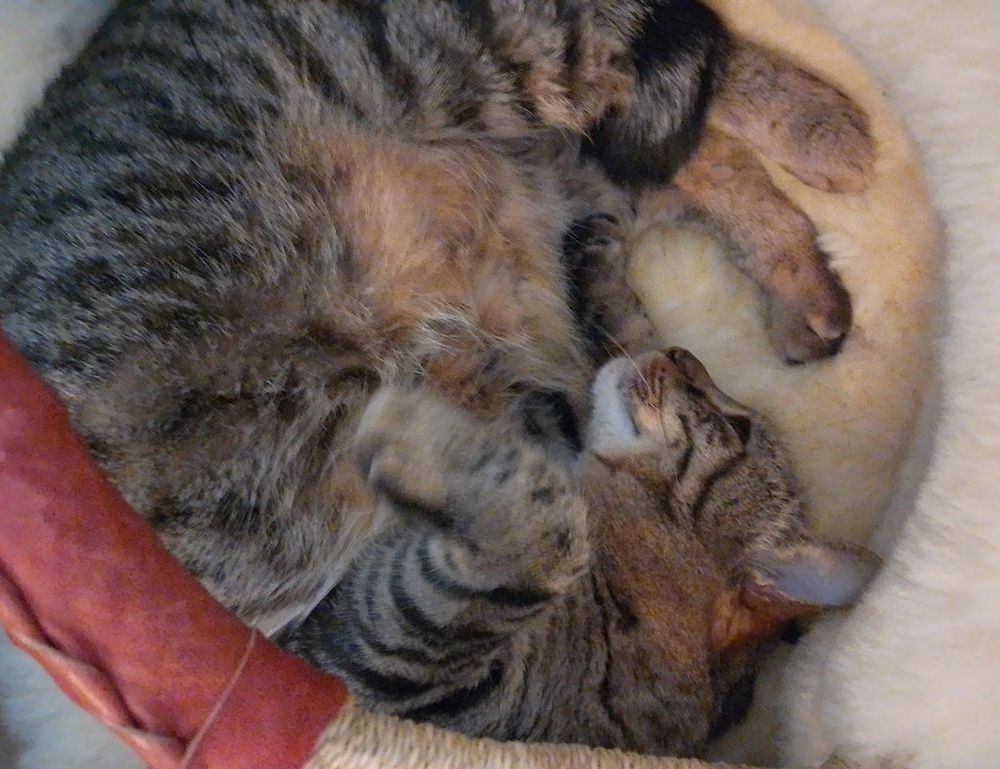The Growing Time Sink of Gaming
Gaming isn’t just a pastime anymore—it’s a lifestyle. Between online multiplayer sessions, grinding for rare items, and climbing leaderboards, hours start to disappear fast. For some, it’s a creative break. For others, it’s a social outlet. Still, when game time starts replacing physical activity, inperson interaction, or sleep, red flags go up.
Overdertoza—a term gamers use to describe extreme overindulgence—takes this to another level. If you’re clocking 8+ hours of daily gameplay, skipping meals, or feeling irritable when you’re not logged in, you’re drifting into that territory. And that’s where mental strain begins.
Can Too Much Gaming Overdertoza Cause Anxiety?
This isn’t just clickbait. The question—can too much gaming overdertoza cause anxiety—deserves serious attention. Studies don’t all agree on one straight answer, but there’s a pattern forming. High volumes of intense, competitive gaming can raise stress markers. Twitchy reaction speed demands, online harassment, or the pressure to maintain ranking can lead to sustained stress levels, which in turn can trigger anxiety.
People report feeling nervous logging off, guilty for gaming too much, or unsettled during downtime. In more severe cases, individuals experience social isolation, sleep disruptions, and trouble concentrating on reallife tasks. These are classic anxiety symptoms creeping out from excessive game sessions.
Mental Load and Performance Pressure
Competitive games bring another layer of mental weight. You’re expected to improve, defeat others, and maintain a speed of thinking that’s not sustainable longterm. Losing isn’t just losing—it’s letting a team down or falling short of personal benchmarks. That constant mental chargeandfire mode fatigues your nervous system.
Add overdertoza into the mix and suddenly gaming isn’t fun—it becomes a stress engine. You’re mentally “on” for absurd hours while your body gets no outlet. That imbalance makes it easier for anxiety to set up shop.
Social Isolation Amplifies the Problem
Gaming can bring people together—but overdoing it often isolates. Canceling plans, ghosting friends, or deprioritizing family to stay in a virtual world messes with your emotional regulation. Humans need genuine connection, not just avatars across headsets.
Isolation feeds anxiety. When your primary communication happens through screens or online chat, it’s harder to build emotional resilience. Facetoface support systems weaken. That’s when anxiety can go from occasional worry to something more persistent and overwhelming.
Physical and Psychological Feedback Loops
Mental health never acts alone. Sleep issues from latenight gaming, poor diet choices, and screen fatigue create a feedback loop. Physical decline makes psychological symptoms worse. You may find yourself tired, jittery, or emotionally raw but not know why. Stack this under the demandheavy structure of overdertoza and it’s a setup for instability.
It’s not about demonizing gaming. Moderate, mindful play actually relieves stress. But can too much gaming overdertoza cause anxiety? At the extreme end, absolutely. It’s the combination of neglected routines, competitive gameplay, isolation, and sensory overload that drives the shift from enjoyment to disorder.
Signs You Might Be Crossing the Line
Here’s a quick selfcheck. If you notice three or more of these happening frequently, it might be time to pause and reassess:
You feel restless or irritable when not gaming You lie about how long you game You skip meals or lose track of physical needs You feel guilt or shame after gaming sessions You avoid social commitments to play more Your sleep schedule is totally erratic due to gaming You think about gaming constantly, even when doing other things
None of these make you a bad person or a lost cause. They’re just signs your balance might be off—and realigning could mean less anxious energy riding shotgun in your life.
Tips to Ground Gaming in a Healthier Rhythm
Changing habits doesn’t mean quitting entirely. Here are a few ways to keep passion without tipping into anxiety territory:
- Set playtime limits — Use an alarm. Stick to it.
- Balance screen time with outside time — Natural light and physical movement stabilize chemicals in your brain linked to mood regulation.
- Play socially in person — Couch coop games or board games blend your interests with real interaction.
- Prioritize sleep and meals — Don’t negotiate on these. They amplify or dampen anxiety directly.
- Have zerogame days — Test how you feel without logging in. That downtime helps detect whether gaming has turned from hobby to habit.
- Use tech to cut tech — Apps that track usage or lock access can help reduce overdertoza tendencies.
Wrapping It Up
Gaming isn’t inherently bad. In fact, it’s creative, engaging, and can build amazing communities. But when obsession kicks balance off the rails, consequences show up—often silently and gradually. Asking can too much gaming overdertoza cause anxiety isn’t about demonizing games; it’s about owning how behavior affects wellbeing.
Keep tabs on your habits. Stay aware. Enjoy the virtual, but don’t forget the real world is where your mental health actually grows stronger.


 Jorelle Xelvaris is the founder of Buzzard Coding, a forward-thinking technology platform dedicated to delivering clear, practical, and insightful content for developers and tech enthusiasts. Driven by a passion for programming and emerging technologies, Jorelle created Buzzard Coding to bridge the gap between complex technical concepts and real-world application. Through expert analysis, tutorials, and industry insights, Jorelle continues to guide and inspire a growing community of coders, helping them stay informed, skilled, and confident in an ever-evolving digital landscape.
Jorelle Xelvaris is the founder of Buzzard Coding, a forward-thinking technology platform dedicated to delivering clear, practical, and insightful content for developers and tech enthusiasts. Driven by a passion for programming and emerging technologies, Jorelle created Buzzard Coding to bridge the gap between complex technical concepts and real-world application. Through expert analysis, tutorials, and industry insights, Jorelle continues to guide and inspire a growing community of coders, helping them stay informed, skilled, and confident in an ever-evolving digital landscape.